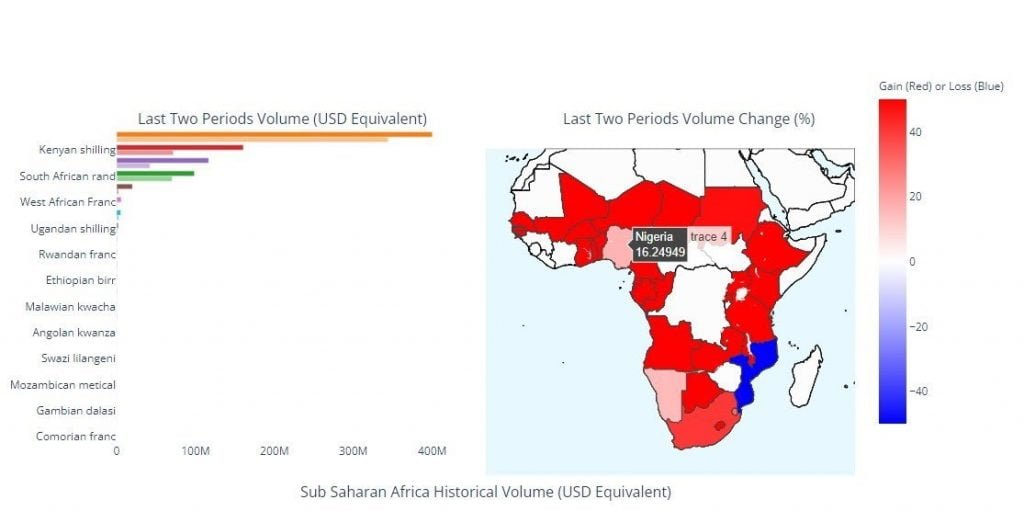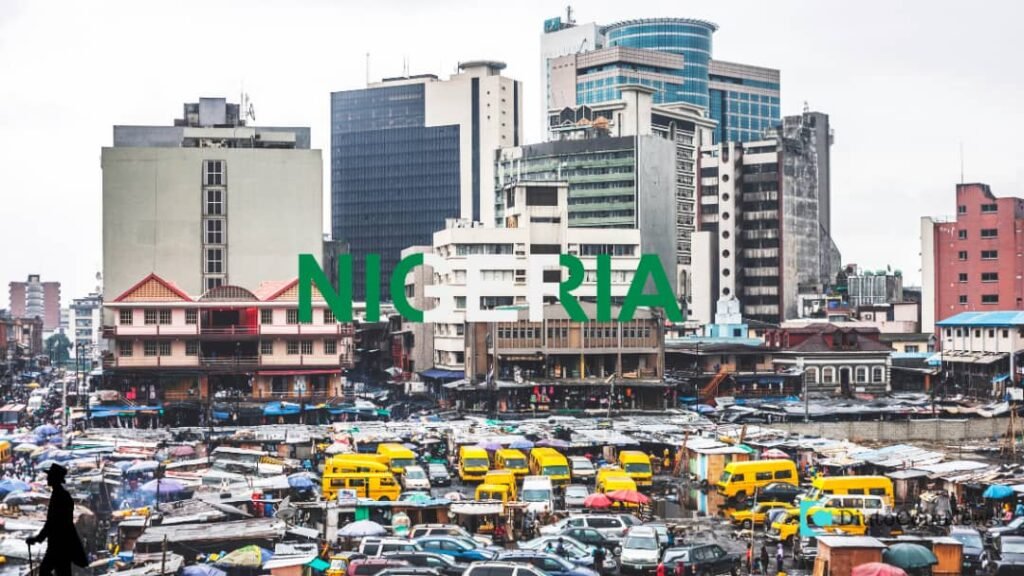The World Bank has expressed its concerns over the Central African Republic (CAR) adopting Bitcoin (BTC) as a legal currency noting that it won’t back the newly announced “Sango” crypto hub.
At the end of April, CAR president Faustin-Archange Touadéra established a regulatory framework for cryptocurrency in the country and adopted Bitcoin as a legal tender. On May 24, he announced a plan to launch the country’s first crypto hub called “Sango.” Cointelegraph reports.
Sango is described as the country’s first “crypto initiative” — a legal hub for crypto-related businesses encompassing economic policies including no corporate or income tax and the creation of a virtual and physical “crypto island.”
Also Read: Central African Republic Plans To Establish A Cryptocurrency Economic Zone.
An official document outlining the Sango project states that the country “received approval for a $35 million development fund from The World Bank for the digitization of the public sector.”
However, a spokesperson for the institution told Bloomberg via email the recently approved grant “is unrelated to any cryptocurrency initiative” and that “the World Bank is not supporting ‘Sango — The First Crypto Initiative Project.’”
The $35 million grant from the World Bank announced May 5 was meant for the updating and digitization of the existing public financial management system, for instance, by improving digital bank payments.
In the statement, The World Bank added “it will be physically impossible” for the institution to fund the Sango project and expressed disapproval of the CAR’s adoption of Bitcoin:
“We have concerns regarding transparency as well as the potential implications for financial inclusion, the financial sector and public finance at large, in addition to environmental shortcomings.”
CAR’s Bitcoin adoption has also caught the ire of the governor of the Bank of Central African States (BEAC) Abbas Mahamat Tolli, who wrote a scathing letter to CAR Finance Minister Hervé Ndoba shortly after news of the adoption.
In the letter, Tolli wrote the new law “suggests that its main objective is to establish a Central African currency beyond the control of the BEAC that could compete with or displace the legal currency” which, he believes, would “jeopardize monetary stability.”
Discover more from DiutoCoinNews
Subscribe to get the latest posts sent to your email.












